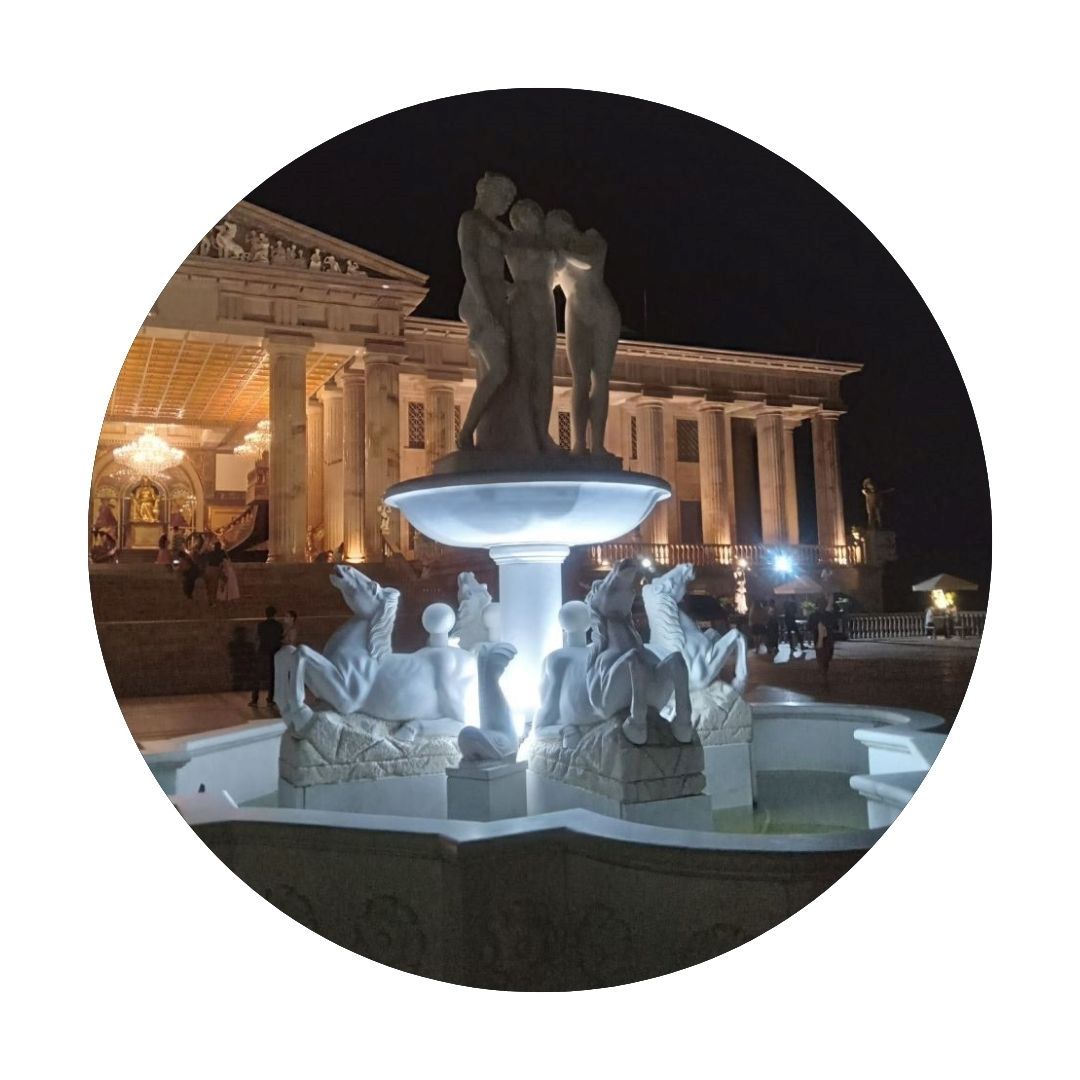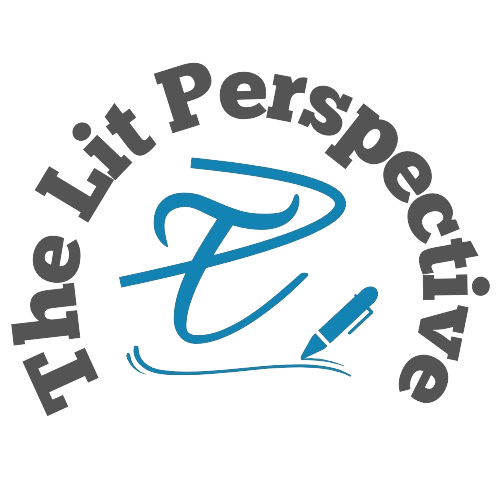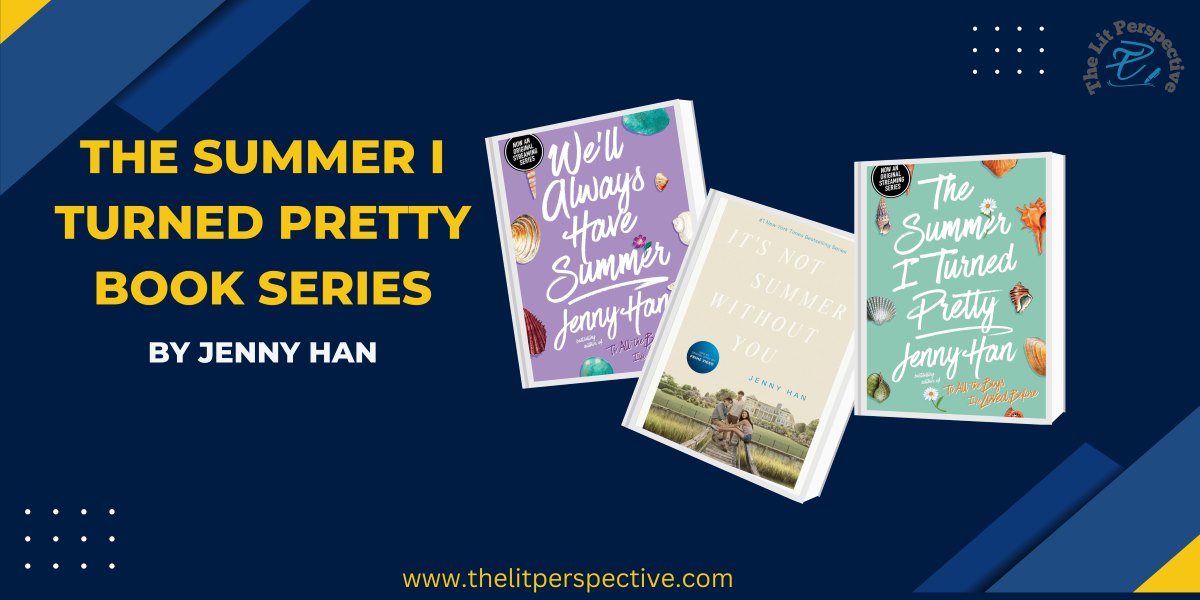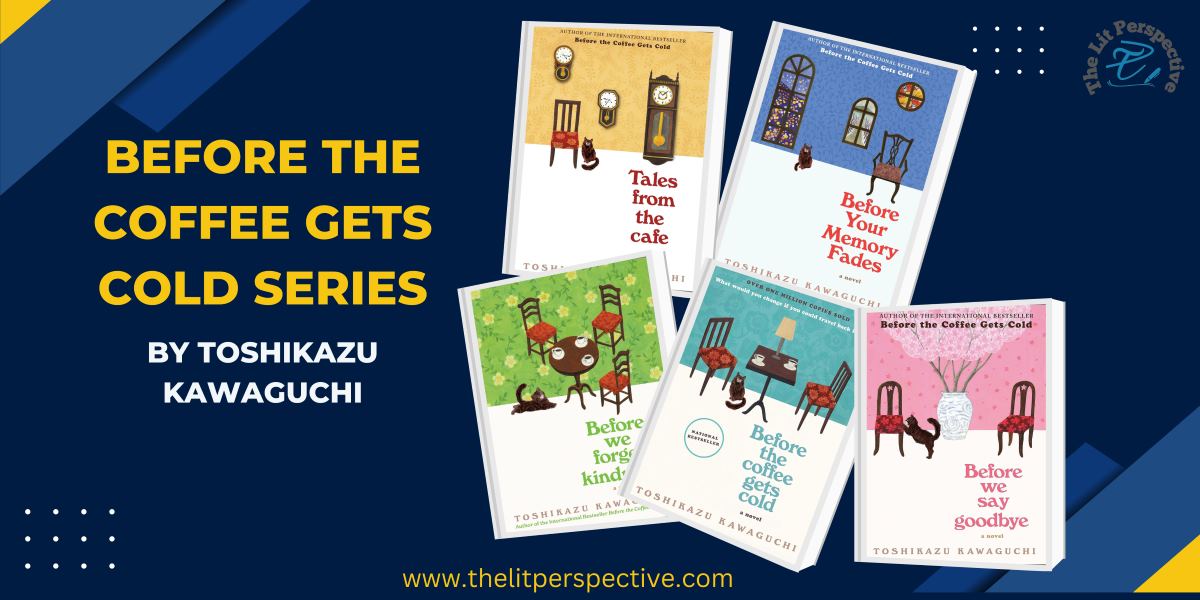TheLitPerspective is your one-stop shop for everything that ignites the spark of curiosity within you.
Finding Closure in Fiction: How Stories Help Us Cope

Photo by Andrea Piacquadio
Life is the single greatest gift that we ever got by accident, yet it’s not without its hangups. For all that life can be wonderful and fulfilling, it can also be a very messy entanglement. We grapple with relationships, careers, anxieties, and everything else.
If you don’t watch out, living can lead to a very tangled web!
Finding Closure in Fiction
When you feel like you’re too overwhelmed, fiction can offer a peculiar but welcome kind of escape because it’s not an escape from reality but a reflection of it.
By confronting us with an experience that very much mirrors our own, fiction allows us to cope with and untangle the complexities of our own lives.
Finding Closure: A Safe Space
Fiction achieves this primarily by providing a safe space to explore emotions through the allowance to experience a vast spectrum of emotions without direct consequences. We can confront the depths of despair through a character’s journey, purging our own anxieties in the process.
Furthermore, fiction offers a lens through which to examine our own experiences. By exposing us to similar situations through the eyes of fictional characters, fiction grants us a necessary distance from our own lives. This allows us to analyze patterns, recognize unhealthy behaviors, and appreciate the beauty of ordinary moments we might otherwise take for granted.

Photo by RDNE Stock project
Finding Closure: A Mirror to Reality
The power of fiction lies not only in reflecting emotions but also in mirroring social structures and their complexities. Fiction can be a mirror to societal issues, and it compels us to engage in critical thinking and foster empathy and understanding for those different from us.
Perhaps the most profound way fiction reflects reality is through its exploration of the human condition. Stories, regardless of genre, grapple with universal themes: love, loss, hope, fear, and the yearning for connection. When we experience these themes through fictional characters, we gain a deeper understanding of ourselves and the human experience as a whole. We see our own desires and fears mirrored in the actions and motivations of characters, forging a sense of shared humanity that transcends the boundaries of our individual lives.
How Stories Help Us Cope
The escape offered by fiction isn’t simply about passive consumption. It’s about engaging with the narrative, dissecting characters’ choices, and questioning the underlying themes. Book clubs and online forums dedicated to dissecting fiction are testaments to this active engagement that literature incites. Through investigation and discussion of characters’ motivations and the broader messages of a story, we not only gain new perspectives but also find solace in the realization that others grapple with similar questions and complexities.
The very act of reading fiction is a form of escape in itself. Immersing ourselves in a well-crafted story allows us to get some relief from the monotony of life. We lose ourselves in fantastical worlds or relatable characters, giving our minds a much-needed respite. This temporary escape can be rejuvenating, allowing us to return to our own lives with renewed focus and perspective.

Photo by cottonbro studio
Acknowledging Fiction is Fiction
It’s important to acknowledge, though, that fiction doesn’t always offer clear-cut solutions.
Stories can be ambiguous, endings bittersweet.
This very ambiguity, however, can be a source of strength. Because there are no easy answers offered, fiction compels us to grapple with the complexities of life on our own terms. It encourages us to find meaning in the messiness and to appreciate the beauty and struggle that are inherent in the human experience.
In conclusion, fiction isn’t simply a form of entertainment. It’s a powerful tool for self-discovery and reflection. Fiction allows us to confront the tangled web of our lives from a safe distance. It reflects our emotions, societal structures, and the very essence of what it means to be human. Through this reflection, we are able to reach deeper into ourselves and have a more meaningful understanding of ourselves, fostering empathy, critical thinking, and a sense of shared humanity. The next time you pick up a book, remember that it’s not just an escape; it’s a journey of self-discovery, one mirrored reflection at a time.
The average life is one big inscrutable mess of experience and emotion, but if you’re a spy, everything becomes more of a jungled heap! If that sounds fun, you definitely need to check out The Tangled Web by Cheryl J. Corriveau.

Alex is a writer with two modes: simple and wild. He’s equally at home going either way. He always has something to say and something to offer, even if it’s only after a few minutes of furious googling. He loves reading and writing random stuff in his spare time.







